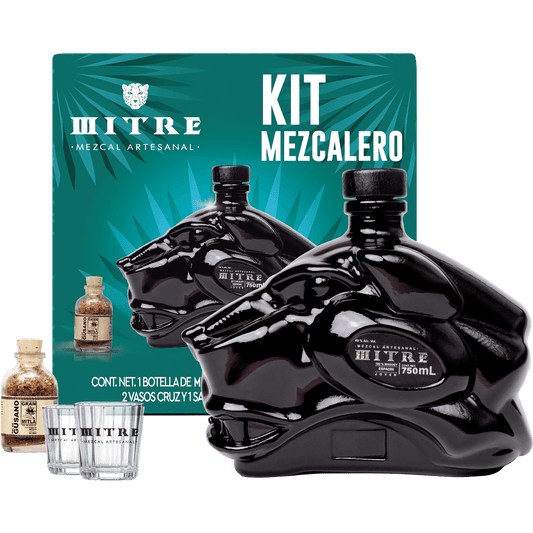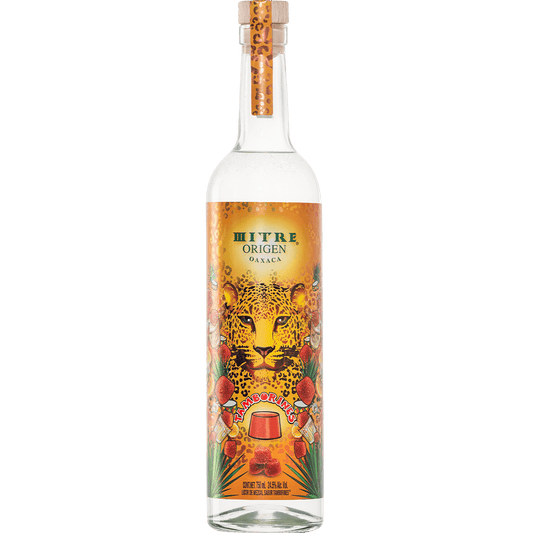When we think of mezcal, many of us imagine a smoky, flavor-rich drink, a distillate that encapsulates the essence of the Mexican earth. But did you know that this ancient elixir can be made from over 30 different types of agave? This fascinating fact is just one part of the vast and complex world of mezcal. In this blog, we will explore how the diversity of agaves enriches mezcal production and what makes each type unique.
The Diversity of Agaves
Unlike tequila, which is produced exclusively from the blue agave (Agave tequilana Weber), mezcal has the advantage of being able to use a much wider variety of agaves. These agaves, also known as magueyes, grow in different regions of Mexico, each contributing unique characteristics and flavors to mezcal.
Some of the most common agaves used in mezcal production include:
-
Espadín (Agave angustifolia): This is the most widely cultivated and used, representing around 90% of mezcal production. It is known for its versatility and the balance of its flavors.
-
Tobalá (Agave potatorum): Grows wild and is much smaller than other agaves. Its mezcal is highly valued for its complex and floral flavor.
-
Tepeztate (Agave marmorata): This agave takes decades to mature and is found in rocky areas. Its mezcal is strong and distinctive, with herbal and earthy notes.
-
Madrecuixe (Agave karwinskii): This is a long-stemmed agave that produces a mezcal with herbal flavors and a hint of citrus fruits.
-
Arroqueño (Agave americana): This large, robust agave produces a mezcal with deep flavors and a smooth texture.
What Makes Each Agave Unique?
Each type of agave brings its own range of flavors and aromas, influenced by factors such as the soil, climate, and altitude where they grow. These factors, collectively known as “terroir,” play a crucial role in creating the unique profiles of each mezcal.
For example, agaves grown in drier, rockier areas tend to produce mezcals with more intense and complex flavors, while agaves grown in more fertile and humid regions can result in smoother, fruitier mezcals.
The Importance of Biodiversity
The ability to produce mezcal from such a wide diversity of agaves not only enriches the tasting experience, but also plays a vital role in the conservation of these plants. The demand for different types of mezcal promotes the cultivation and protection of diverse agave species, many of which grow wild and are endangered due to deforestation and climate change.
Additionally, biodiversity in mezcal production supports sustainable agricultural practices and local economies, benefiting the communities that have cultivated and distilled mezcal for generations.
Mezcal Mitre and the Celebration of Diversity
At Mezcal Mitre, we are proud to celebrate the rich diversity of agaves in every bottle we produce. Our mission is to not only create high-quality mezcal, but also to honor the traditions and biodiversity that make this drink truly special.
We invite you to discover the different types of mezcal we offer, each with its own unique flavor profile. Whether you prefer a smooth and floral mezcal or a strong and smoky one, at Mezcal Mitre there is a perfect mezcal for every palate.
Cheers! 🌵🥃







